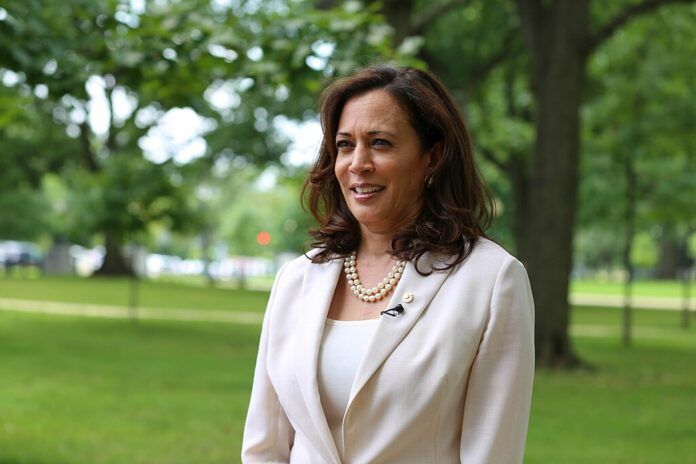Vice President refrains from defending the FTC chief as her agency probes Uber, linked to Harris’s brother-in-law
In the heat of the election, Vice President Kamala Harris remained conspicuously silent when major Democratic donors launched an attack on Lina Khan, the Biden administration’s chief antitrust regulator. The controversy intensified as the Federal Trade Commission (FTC), led by Khan, opened an investigation into Uber, a company employing Harris’s brother-in-law, Tony West.
West, the senior vice president and chief legal officer at Uber, had taken a leave of absence during Harris’s presidential bid, contributing significantly to her campaign’s economic messaging. His influence reportedly steered Harris away from a populist message, with some insiders suggesting that West’s advisory role led to a dilution of the campaign’s more robust stance on economic issues.
The FTC’s investigation into Uber’s subscription service, launched earlier this year, is just the latest in Khan’s aggressive pursuit of Big Tech. Under her leadership, the FTC has taken on tech giants like Amazon, Meta, and Google, while also placing gig economy companies such as Uber under scrutiny. Khan’s tenure has drawn both praise and criticism, with some consumer protection advocates lauding her actions, while corporate America increasingly views her as an adversary.
Embed from Getty ImagesDespite Khan’s growing influence, Harris did not come to her defense during the onslaught from prominent billionaires. Reid Hoffman, LinkedIn co-founder and major Democratic donor, publicly called for Khan’s removal. Hoffman’s interest in Khan’s position is personal, as his company Microsoft is currently under FTC scrutiny. Media mogul Barry Diller, also a supporter of Harris, joined the chorus of criticism, as did billionaire investor Mark Cuban. Though Cuban later retracted his comments, the damage was done, with critics noting Harris’s lack of support for Khan at a time when antitrust actions were popular across the political spectrum.
While Khan was appointed by President Biden and is a significant figure in his administration, Harris failed to defend her when high-profile donors turned against the FTC chair. The vice president’s reluctance to back Khan could be seen as a missed opportunity, especially considering polling data suggesting that actions against Big Tech and other monopolistic industries resonate with both Democrats and Republicans.
Now, with the news of the Uber investigation surfacing, the situation has raised new questions. Was Harris’s silence part of a strategic move to appease her wealthy donors, or does it point to a broader shift in her political positioning? With President Biden yet to renominate Khan for a new seven-year term, the future of the FTC chair remains uncertain, especially if Donald Trump assumes office and is able to select a new chair from the Republican commissioners.
As the dust settles, the controversy surrounding Harris’s silence and Khan’s ongoing investigations leaves open questions about the alignment between the Biden administration, big-money donors, and the populist movements within the Democratic Party.
